- Teacher: Erin Ocon
- Teacher: Shelly Reggiani
Lewis & Clark Moodle
Search results: 2574
- Teacher: Shane Burchell
- Teacher: Tim Blackburn
- Teacher: Erin Ocon
- Teacher: Erin Ocon
- Teacher: Yasin Tunc
- Teacher: Julie Rowell
- Teacher: Julie Rowell
- Teacher: Belle Koskela
- Teacher: Danica Jensen Weiner
- Teacher: Alejandra Favela
- Teacher: Danica Jensen Weiner
- Teacher: Sarika Mosley
- Teacher: Alejandra Favela
- Teacher: Danica Jensen Weiner
- Teacher: Sarika Mosley
- Teacher: Miriam Alsuhaimi
- Teacher: Wei-Wei Lou
- Teacher: Erin Ocon
- Teacher: Shane Burchell
- Teacher: Shane Burchell
- Teacher: Alejandra Favela
- Teacher: Erin Ocon
- Teacher: Shelly Reggiani
- Teacher: Shane Burchell
- Teacher: Shelly Reggiani
- Teacher: Shane Burchell
- Teacher: Nicole Hilton
- Teacher: Erin Ocon
- Teacher: Maureen Ray
- Teacher: Amber Tatge
This course is an exploration of the strategies, methodology, philosophy, and classroom organizational structure that have been found to benefit content and literacy outcomes for ELL (English language learner) students. Language experience, cooperative learning, and constructivist strategies are practices that will be examined and modeled during this course. Students will revisit first and second language acquisition, as well as sheltered instruction models, used to adapt curriculum for ELL students at all grade levels. The practices learned in this course ensure development of language proficiency by accessing content and cognitive language. Participants learn the use of authentic assessments that allow students to demonstrate learning in ways not dependent on high levels of English. Exploration of ELP (English Language Proficiency) standards and strategies will deepen student understanding of the relationship between oral language and content learning. Participants will experience a wide range of methodologies and reflect on how they impact student and teacher learning.
- Teacher: Erin Ocon
- Teacher: Amber Tatge
- Teacher: Yasin Tunc
- Teacher: Alejandra Favela
- Teacher: Karina Bruzzese
- Teacher: Erin Ocon
his or her environment. The first part of the
course focuses on cultural factors that influence
learning and their implications for instruction.
The latter part of the course examines the
involvement of significant individuals in a
child's academic programs and explores barriers to
family involvement. Introduces cross-cultural
pre-referral screening tools for gifted and
special-needs English-language learners.
Participants develop strategies for establishing
positive school, family, and community
partnerships and explore tools for combating
racism and bias in schools.
- Teacher: Karina Bruzzese
- Teacher: Erin Ocon
- Teacher: Shelly Reggiani
Understanding the student within the context of
his or her environment. The first part of the
course focuses on cultural factors that influence
learning and their implications for instruction.
The latter part of the course examines the
involvement of significant individuals in a
child's academic programs and explores barriers to
family involvement. Introduces cross-cultural
pre-referral screening tools for gifted and
special-needs English-language learners.
Participants develop strategies for establishing
positive school, family, and community
partnerships and explore tools for combating
racism and bias in schools.
- Teacher: Araceli Farias
his or her environment. The first part of the
course focuses on cultural factors that influence
learning and their implications for instruction.
The latter part of the course examines the
involvement of significant individuals in a
child's academic programs and explores barriers to
family involvement. Introduces cross-cultural
pre-referral screening tools for gifted and
special-needs English-language learners.
Participants develop strategies for establishing
positive school, family, and community
partnerships and explore tools for combating
racism and bias in schools.
- Teacher: Karina Bruzzese
- Teacher: Erin Ocon
- Teacher: Shelly Reggiani
Theories of how first and second languages, (written and spoken) are acquired, the importance, of first-language development and its, relationship to the acquisition of other, languages, and the relationship of language to, cognitive development. Understanding of these, issues is used to promote a school environment, that honors diverse perspectives and maximizes, language learning potential and ensures respect, for communities whose languages or varieties of, English differ from standard school English., Required for the Reading Interventionist and ESOL, endorsements. The initial course in the Reading, Interventionist Endorsement sequence and, recommended preparation for other language arts, offerings.
- Teacher: Alejandra Favela
- Teacher: Julie Frank
- Teacher: Erin Ocon
- Teacher: Nicole Hilton
- Teacher: Erin Ocon
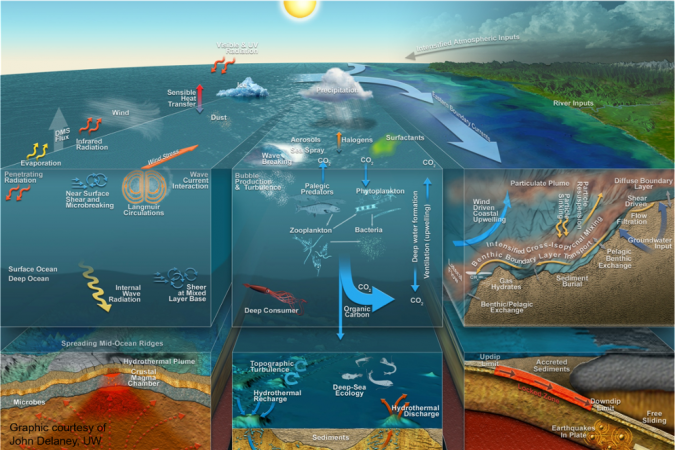
- Teacher: Jessica Kleiss
Continued study of the basic vocabulary and, structural patterns of the French language., Further development of oral skills, with increased, emphasis on writing practice. Practical, conversations dealing with all aspects of, traditional French and Francophone culture.
- Teacher: Natalie Stamper
- Teacher: Natalie Stamper
Introduction to basic vocabulary and structural, patterns of the French language. Emphasis on, developing speaking and writing skills. Practical, conversations dealing with all aspects of, traditional French and Francophone culture.
- Teacher: Natalie Stamper
- Teacher: Natalie Stamper
- Teacher: Simon Tenaud
- Teacher: Natalie Stamper
Welcome to your program community. This is your communication portal with the Overseas & Off-Campus Programs Department.
- Teacher: Blythe Knott
- Teacher: Nicole Schneider
- Teacher: Kaitlin Sommerfeld
- Teacher: Rick Berman
- Teacher: Teresa McDowell
- Teacher: Mark Douglass
sexuality in connection with race, class, and
ethnicity in the United States. Investigation of
social and cultural ideas about difference and
equality in the past and present. Materials
include literature, film, memoir, poetry, feminist
philosophy, political tracts, and queer theory, as
well as classic and recent scholarly work in
history, sociology, economics, communication,
psychology, and other fields. Topics may include
mass media and consumer culture, work, law and
social policy, family, political activism and
social movements, sexuality and the body, public
health, medical research, violence, and theories
of privilege and oppression.
- Teacher: Andrea Hibbard
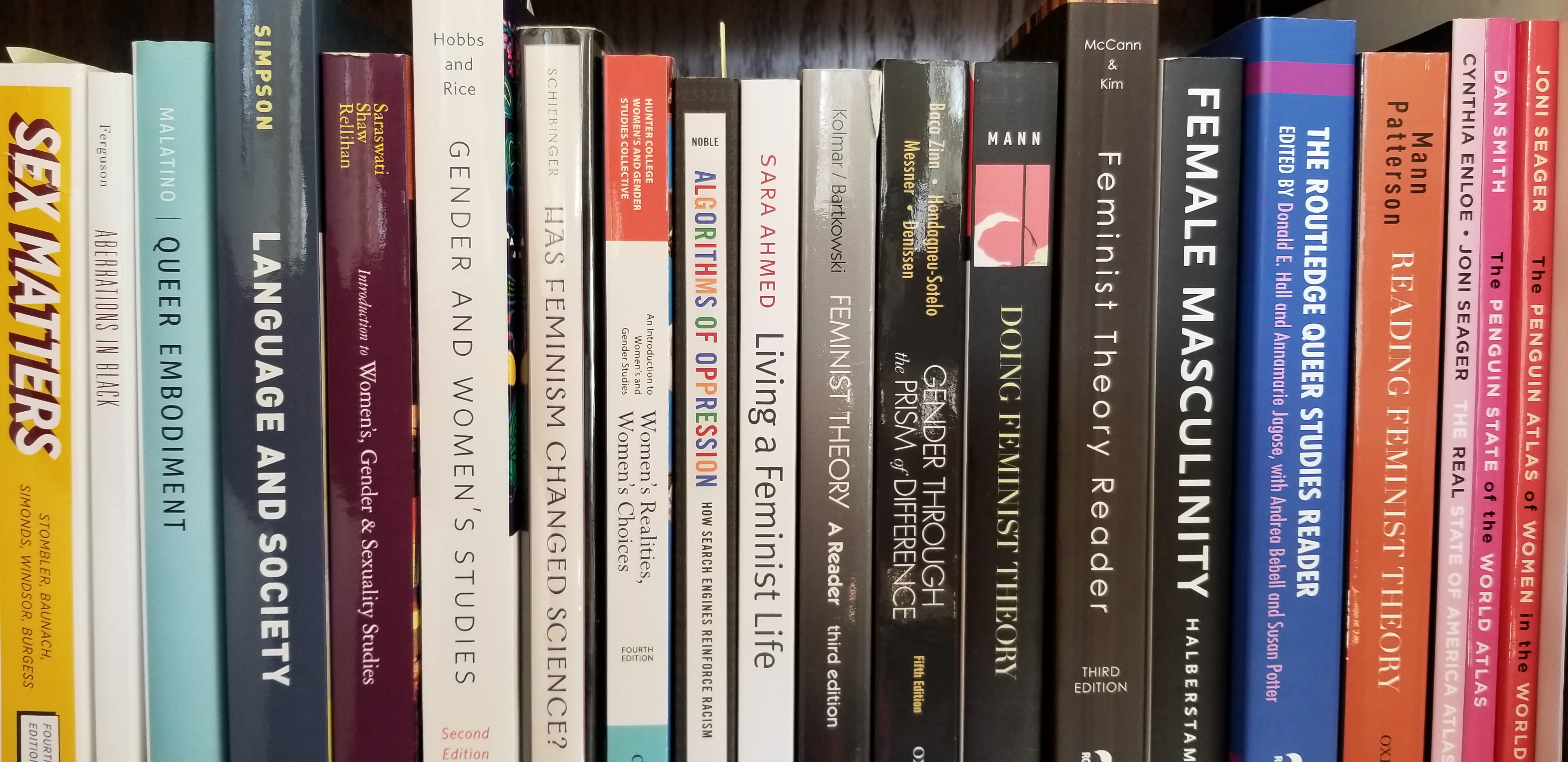
sexuality in connection with race, class, and
ethnicity in the United States. Investigation of
social and cultural ideas about difference and
equality in the past and present. Materials
include literature, film, memoir, poetry, feminist
philosophy, political tracts, and queer theory, as
well as classic and recent scholarly work in
history, sociology, economics, communication,
psychology, and other fields. Topics may include
mass media and consumer culture, work, law and
social policy, family, political activism and
social movements, sexuality and the body, public
health, medical research, violence, and theories
of privilege and oppression.
- Teacher: Kimberly Brodkin
- Teacher: Andrea Hibbard

- Teacher: Kimberly Brodkin
- Teacher: Andrea Hibbard
- Teacher: Andrea Hibbard
- Teacher: Andrea Hibbard

- Teacher: Kimberly Brodkin
- Teacher: Kimberly Brodkin
- Teacher: Andrea Hibbard
- Teacher: Kimberly Brodkin
- Teacher: Kimberly Brodkin
- Teacher: Kimberly Brodkin
- Teacher: Kimberly Brodkin
historically constituted in different times and
places. Theoretical developments in the
anthropology of gender. Cross-cultural exploration
using examples from a wide range of societies,
past and present. The relationship between
cultural definitions of gender and the social
experience of women, men, and alternative gender
roles, such as the Native American two-spirits,
the hijra of India, and global perspectives on
contemporary transgender experiences.
- Teacher: Sidra Kamran
Fall 2021 - Gender Studies
231 Genders and Sexualities in a Global Perspective
Course Description: This is a feminist anthropological approach to the study of gender and sexuality. We will read some text that take a cross-disciplinary approach within the social sciences; however, this is not a general survey course. Our approach to reading emphasizes comprehension, analysis and critique, in that order. The course pace is slow - moderate.
The course has three aims/trajectories. First, it provides a historiography of studying social difference within anthropology. Anthropologists acknowledge the changing nature of culture, society, and nation. Some material will be dated. Some is not. We are looking at how theory, debates and analyses around gender and sexuality have developed/is changing over time in the discipline and within different socio-cultural settings. The second aim picks up from there. In addition to textbooks, we will read ethnographic research article and ethnographic texts that provide historical and contemporaneous descriptions of gender identity and sexual expressions in different socio-cultural settings. Third, material from popular sources will give us respite from the academic voice.
- Teacher: Kim Cameron-Dominguez
- Teacher: Kim Cameron-Dominguez
- Teacher: Sidra Kamran
- Teacher: Kim Cameron-Dominguez
history, and creation of literature and art. The
role gender norms and constructs play in
establishing, reproducing, or contesting aesthetic
values, traditions, and hierarchies; feminist
perspectives on subjects such as the gaze, the
self-portrait, autobiography, and costume; gender
and its relationship to theories of beauty, taste,
and the body. Materials may be drawn from
literature, art, film, cultural studies, art
history, theatre, dance, and queer studies.
Emphasis on an interdisciplinary topic to be
chosen by the professor. Recent topics have
included 20th-century experimentation in novels,
films, and photography; the Victorian crisis in
gender roles from the sensation heroine and
Pre-Raphaelitism to the dandy; gender and self as
artistic and theoretical constructs from the
Enlightenment to the present.
- Teacher: Rishona Zimring
- Teacher: Andrea Hibbard
- Teacher: Erica Jensen
- Teacher: Rishona Zimring
- Teacher: Andrea Hibbard
history, and creation of literature and art. The
role gender norms and constructs play in
establishing, reproducing, or contesting aesthetic
values, traditions, and hierarchies; feminist
perspectives on subjects such as the gaze, the
self-portrait, autobiography, and costume; gender
and its relationship to theories of beauty, taste,
and the body. Materials may be drawn from
literature, art, film, cultural studies, art
history, theatre, dance, and queer studies.
Emphasis on an interdisciplinary topic to be
chosen by the professor. Recent topics have
included 20th-century experimentation in novels,
films, and photography; the Victorian crisis in
gender roles from the sensation heroine and
Pre-Raphaelitism to the dandy; gender and self as
artistic and theoretical constructs from the
Enlightenment to the present.
- Teacher: Andrea Hibbard
- Teacher: Elizabeth Safran
physical, earth-systems perspective. Prehistoric
and historic fluctuations in the earth's climate,
the current climate system, and projections for
future climate and climate impacts. Topics will
include the radiative balance of the earth's
atmosphere, the greenhouse effect, albedo,
aerosols, clouds, climate feedbacks, ocean
circulation, climate variability including El Nino
and the Pacific decadal oscillation, the carbon
cycle, paleoclimate proxy records, ocean
acidification, and climate models. We will examine
some responses to climate change, including
geoengineering, adaptation, and mitigation. Weekly
laboratory exercises with climate data
observations and models (computer-based), and
physical mechanisms (lab- and field-based).
Lecture and lab.
- Teacher: Jessica Kleiss
- Teacher: Jessica Kleiss
- Teacher: Jessica Kleiss
- Teacher: Carlye Peterson
- Teacher: Elizabeth Safran
- Teacher: Elizabeth Safran
- Teacher: Jessica Kleiss
through speaking, listening, reading, writing.
Basic vocabulary and grammatical structures of
German practiced orally and in writing. Large- and
small-group activities. Viewing and discussion of
short films to develop conversational skills and
understanding of German culture. Interactive
computer exercises for individual student
practice. Oral projects. Web-based activities.
- Teacher: Katharina Altpeter-Jones
- Teacher: Payton Schurr
- Teacher: Catherine Sprecher Loverti
- Teacher: Catherine Sprecher Loverti
- Teacher: Catherine Sprecher Loverti
- Teacher: Catherine Sprecher Loverti
- Teacher: Catherine Sprecher Loverti
writing with grammar review and practice of new
grammatical material and idiomatic usage.
Readings, discussions, and compositions based on
selections from German literature and culture.
Emphasis on developing proficiency in spoken and
written German with correct syntax and style.
- Teacher: Catherine Sprecher Loverti
- Teacher: Catherine Sprecher Loverti
critical readings, and discussions based on
selections from 20th-century German literature and
culture. Advanced grammar, stylistics, and
idiomatic usage studied in the context of reading
and writing. Proficiency-based oral presentations,
compositions, exams, projects.
- Teacher: Catherine Sprecher Loverti
- Teacher: Catherine Sprecher Loverti
- Teacher: Catherine Sprecher Loverti
critical readings, and discussions based on
selections from German, Swiss, and/or Austrian
literature and culture. Oral presentations,
compositions, exams, projects.
Readings are in English, and written coursework
will be submitted in English. Cross-listed with
GERM 321. May be repeated with a change of topic;
registration for subsequent sections must be done
via the registrar's office.
- Teacher: Catherine Sprecher Loverti
vocabulary and grammar necessary to read classical
texts and writings from the Hellenistic period.
Conversational and modern Greek not covered. May
be used toward the world languages requirement.
- Teacher: Gordon Kelly
- Teacher: Gordon Kelly
- Teacher: Gordon Kelly
vocabulary and grammar necessary to read classical
texts and writings from the Hellenistic period.
Conversational and modern Greek not covered. May
be used toward the world languages requirement.
- Teacher: Gordon Kelly
- Teacher: Gordon Kelly
- Teacher: Gordon Kelly
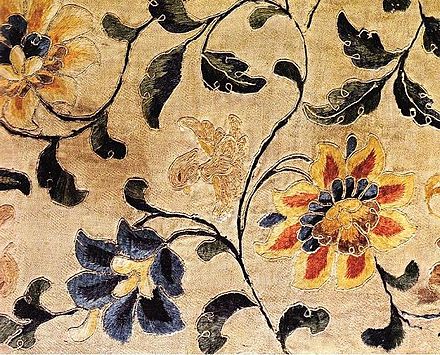
- Teacher: Susan Glosser

- Teacher: Susan Glosser
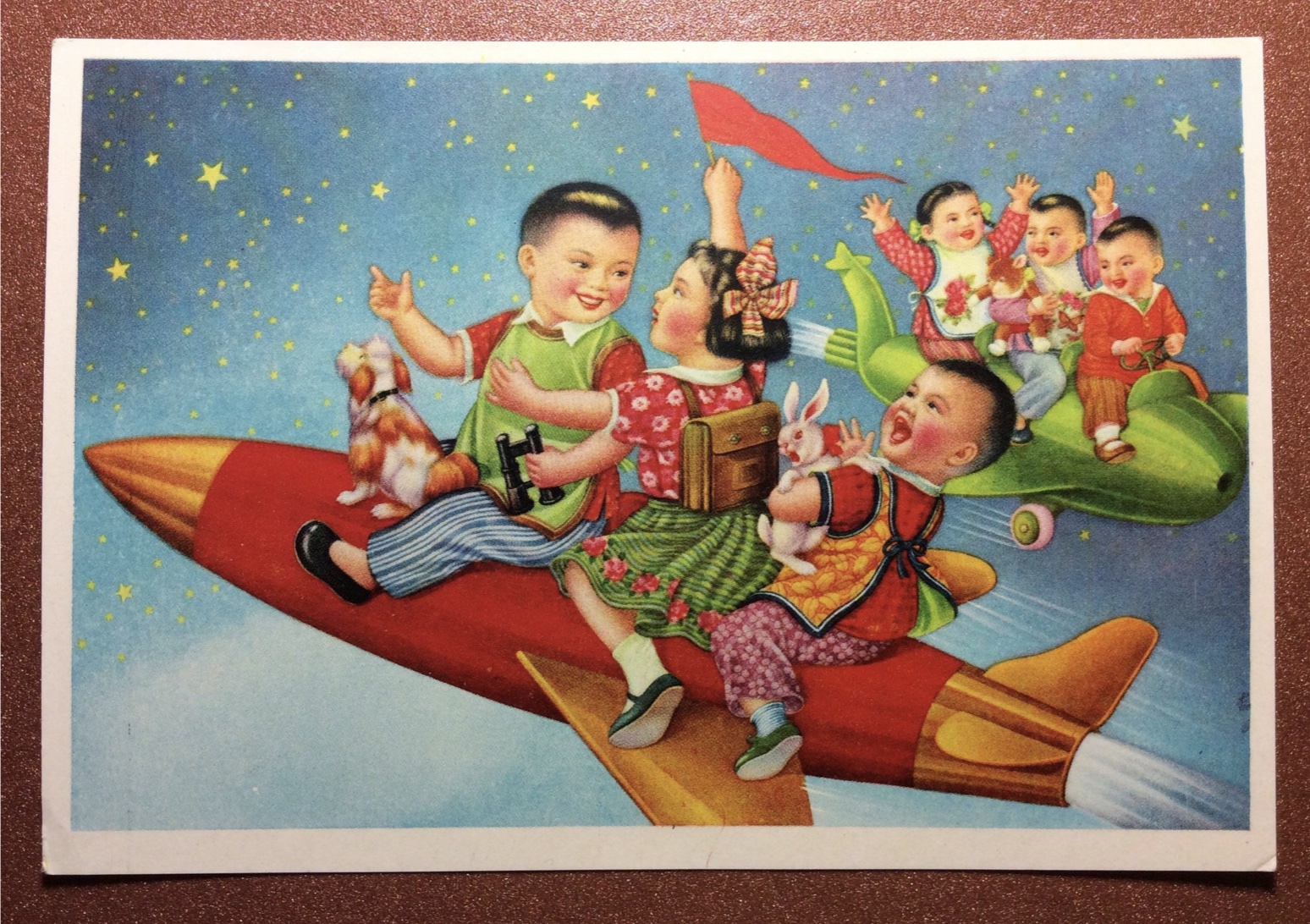
- Teacher: Susan Glosser
- Teacher: Susan Glosser
elements of European history, 800 to 1648. Role of
Christianity in the formation of a dominant
culture; feudalism and the development of
conflicts between secular and religious life.
Contacts with the non-European world, the
Crusades, minority groups, popular and elite
cultural expressions. Intellectual and cultural
life of the High Middle Ages, secular challenges
of the Renaissance, divisions of European culture
owing to the rise of national monarchies and
religious reformations.
- Teacher: Joel Davis
- Teacher: Benjamin Westervelt
elements of European history, 1648 to the present.
The scientific revolution, the Enlightenment,
national political revolutions, capitalism,
industrial development, overseas imperial
expansion. The formation of mass political and
social institutions, avant-garde and popular
culture, the Thirty Years' War of the 20th
century, bolshevism, fascism, the Cold War, and
the revolutions of 1989.
- Teacher: Maureen Healy
Drawing on a mix of primary sources and secondary literature, we will discover new ways of understanding the logics of conquest, the growth of new societies, and the various forms of resistance and adaptation people adopted to oppose colonialism and imperialism and assert their own visions of the settlement and resettlement of the continent. Throughout the course, we will focus on the central themes of capitalism, labor, social identity, and law and how these historical forces carry on into the present.
- Teacher: Nancy Gallman
political, cultural, economic, and social
developments of the United States from the
Revolutionary period through the Spanish-American
War. The themes underpinning the course will be
the contested nature of freedom and the
relationship between freedom and slavery; settler
colonialism; ideologies about manhood and
womanhood; the growth of capitalism; and the
expansion of the nation-state and the origins of
American empire. Along with attending to these
themes, the course will provide you with an
introduction to the discipline of history itself.
History is not a series of names and dates, but an
interpretive act in which we develop conclusions
based on various types of historical evidence.
- Teacher: Nancy Gallman
- Teacher: Reiko Hillyer
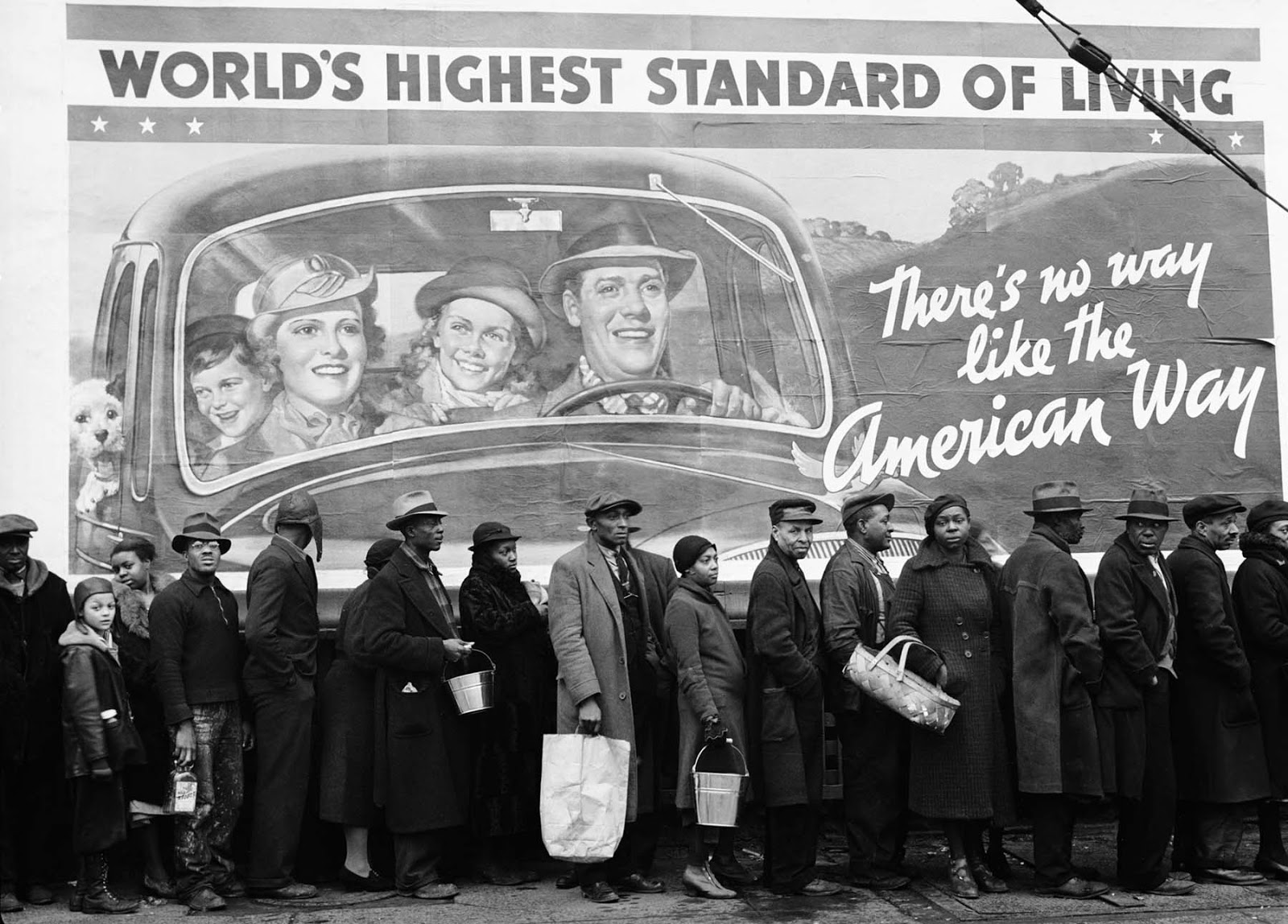
- Teacher: Stan Fonseca
